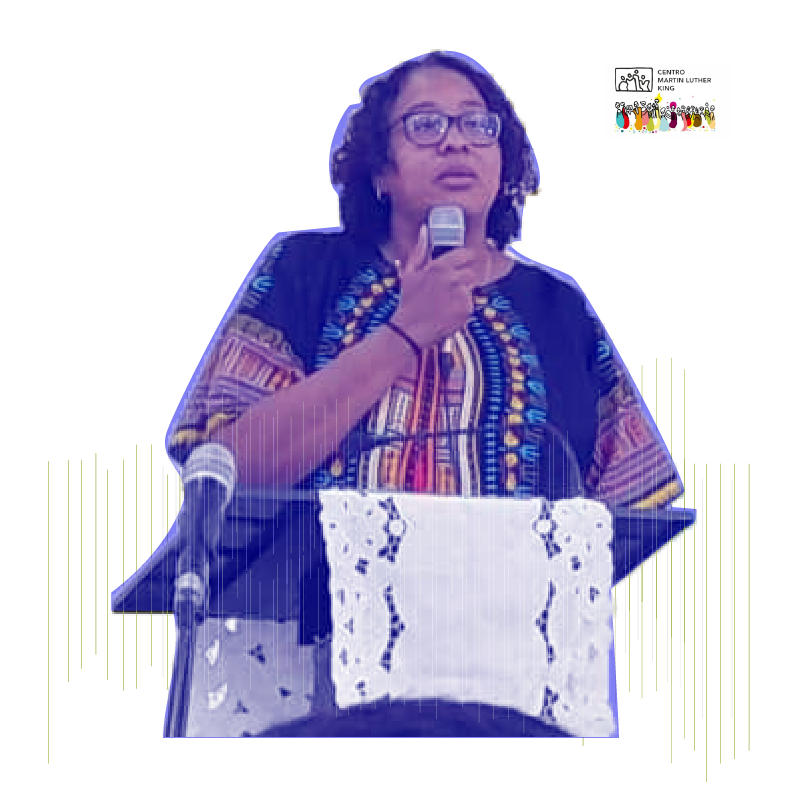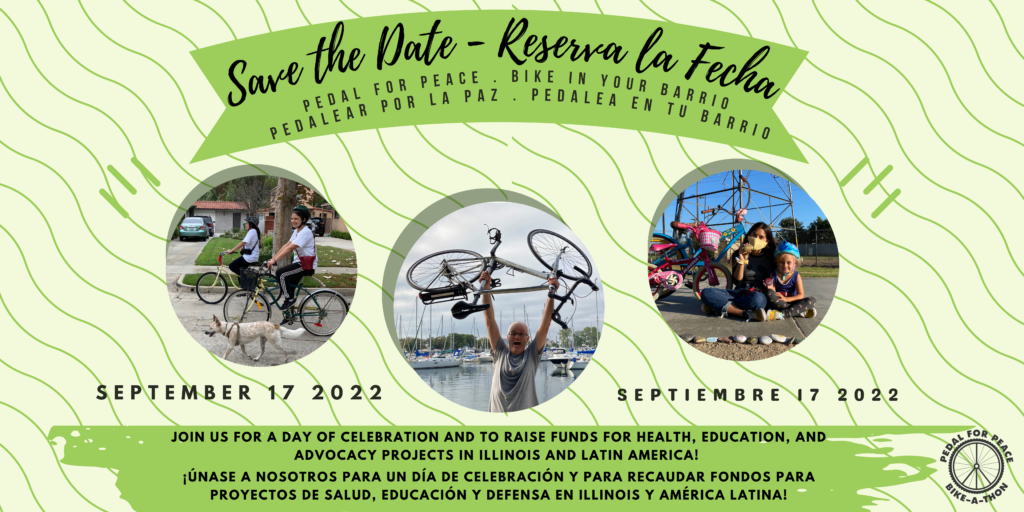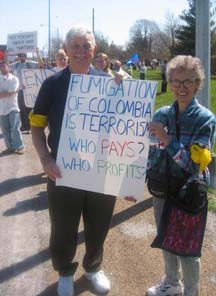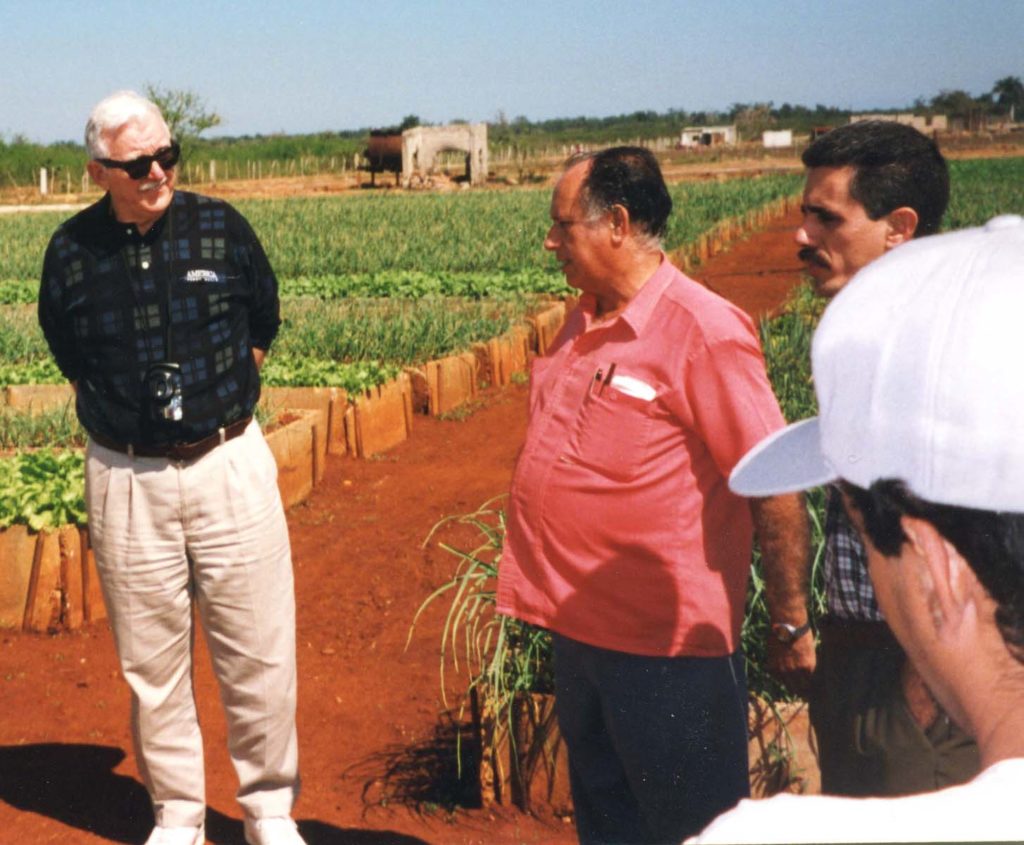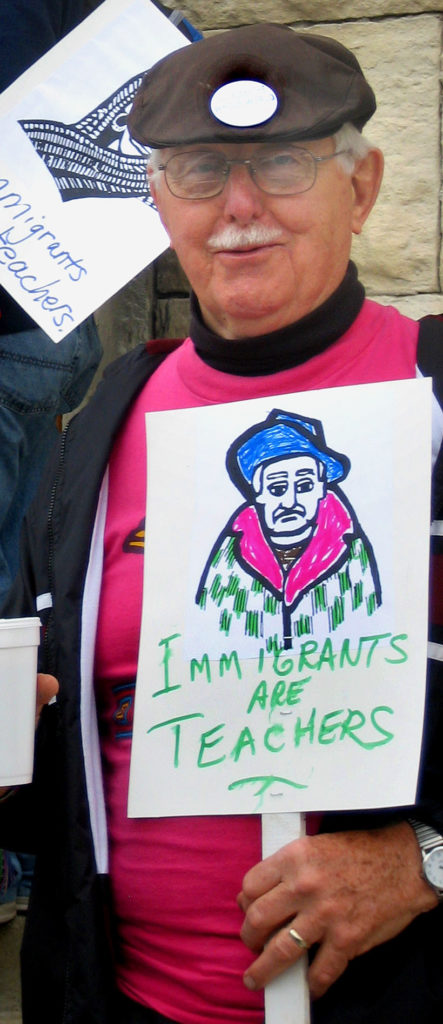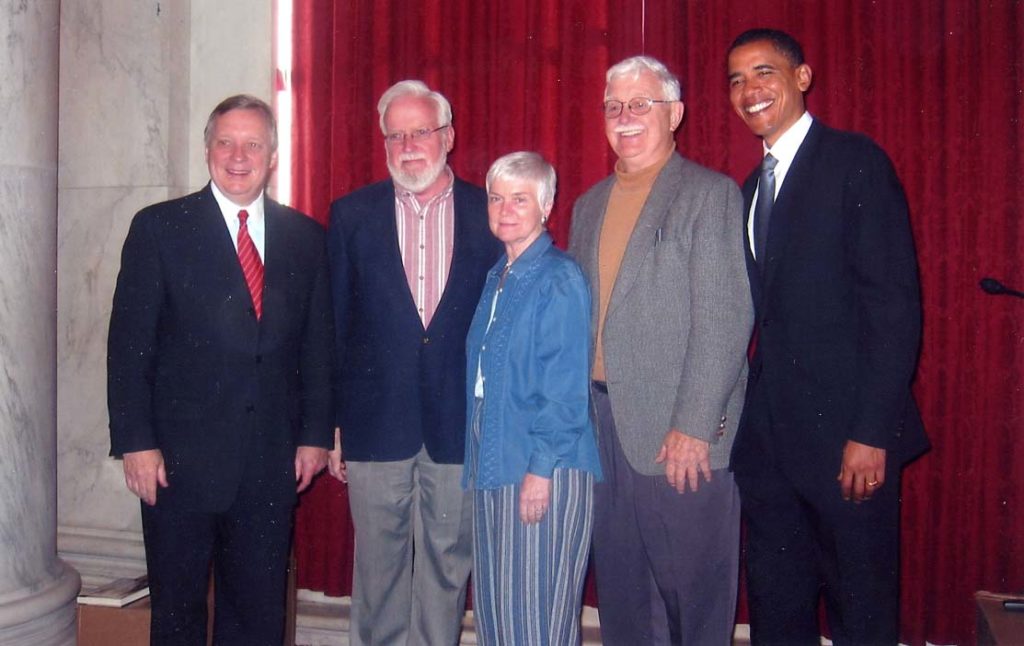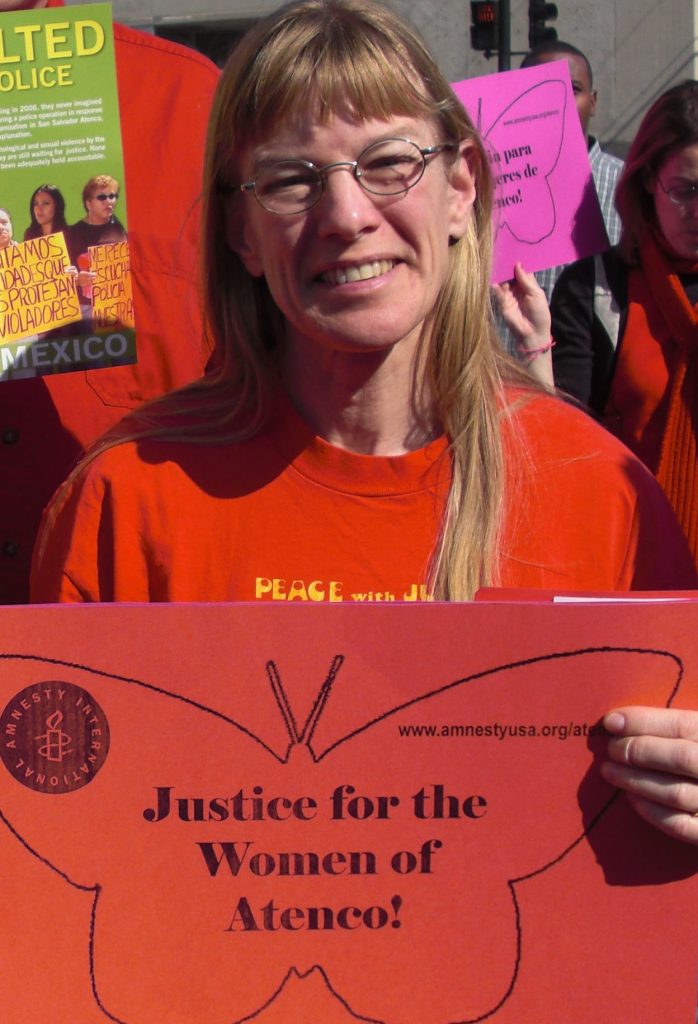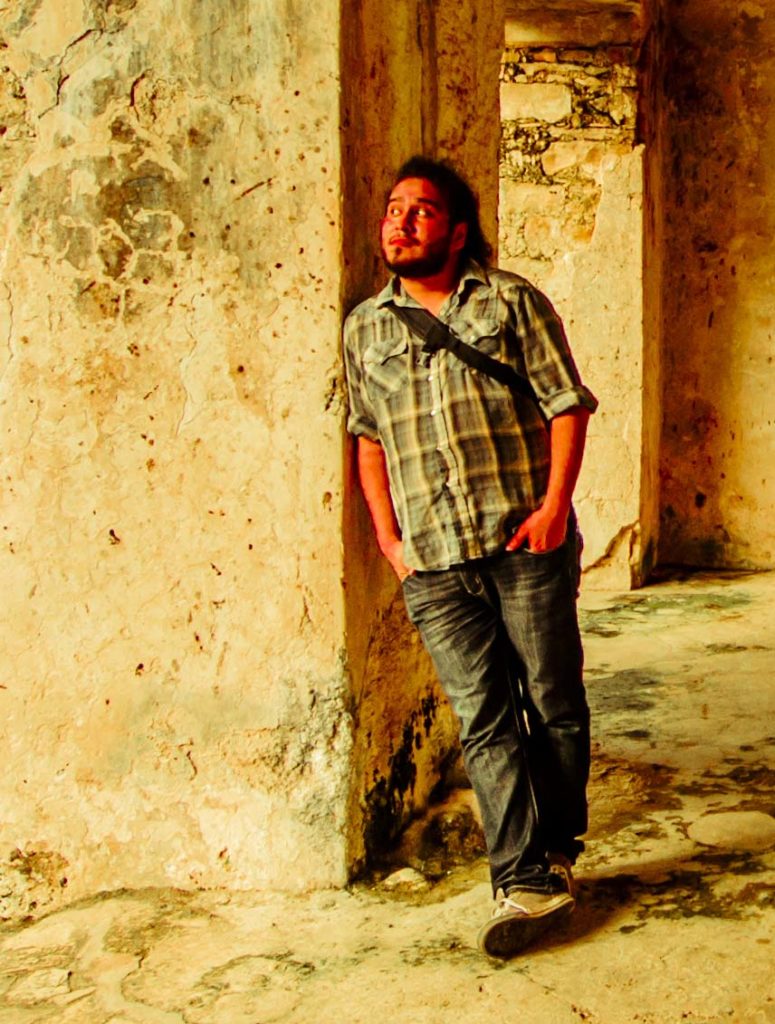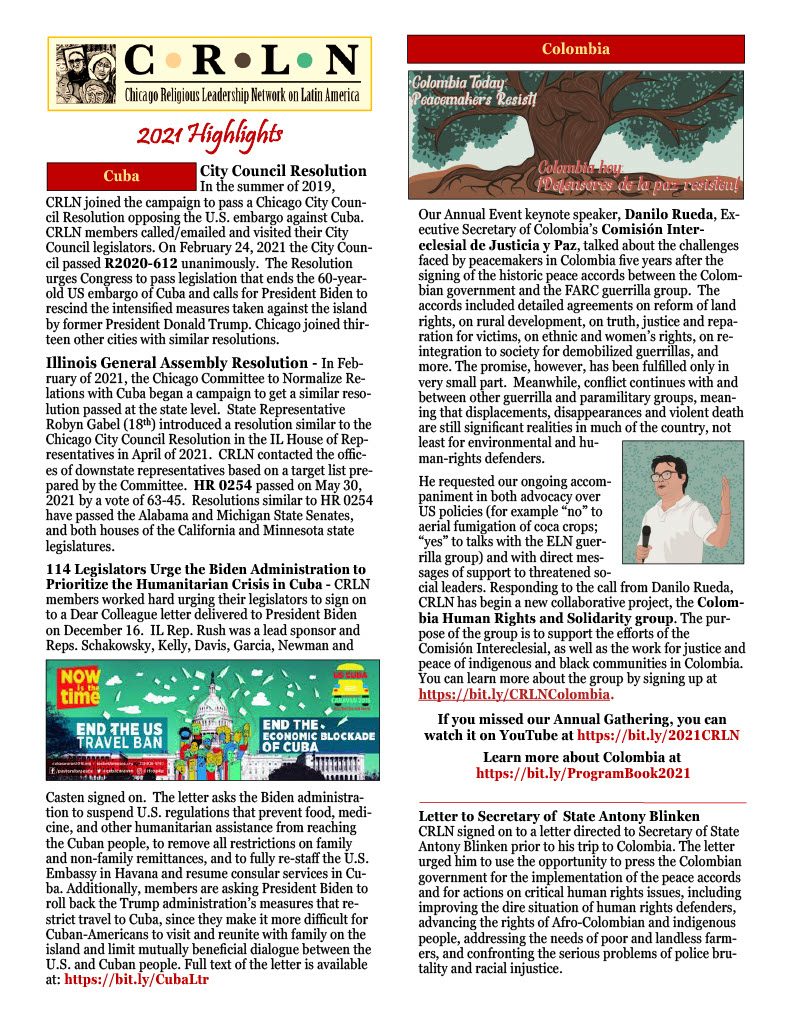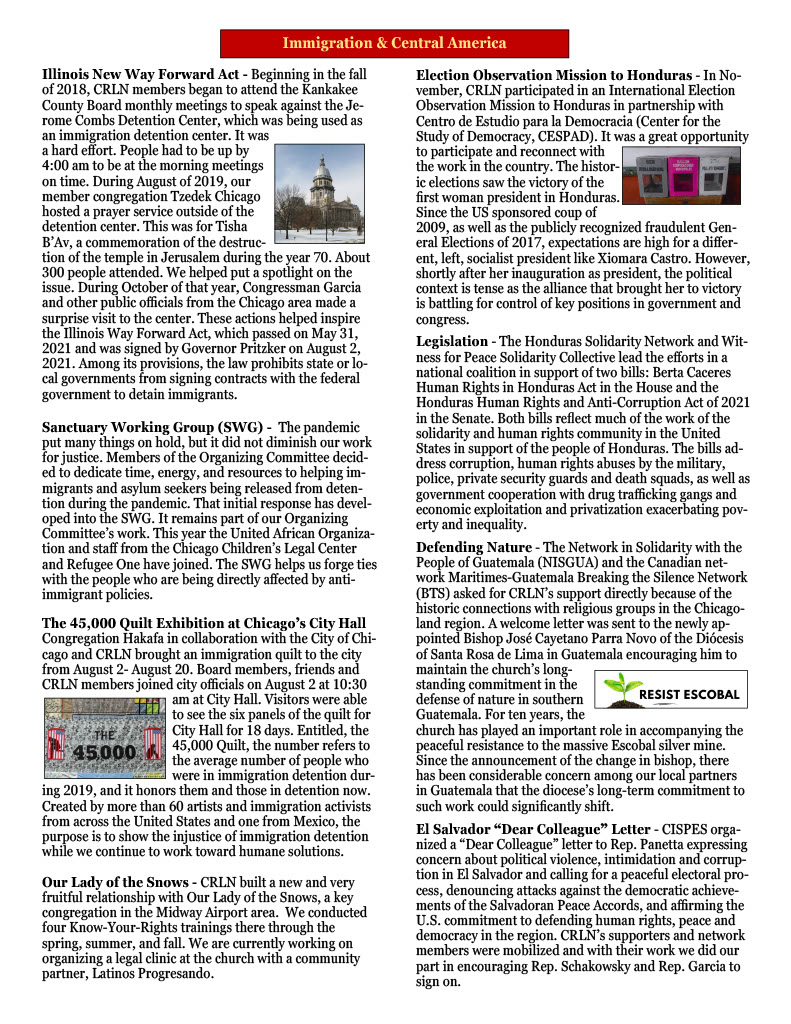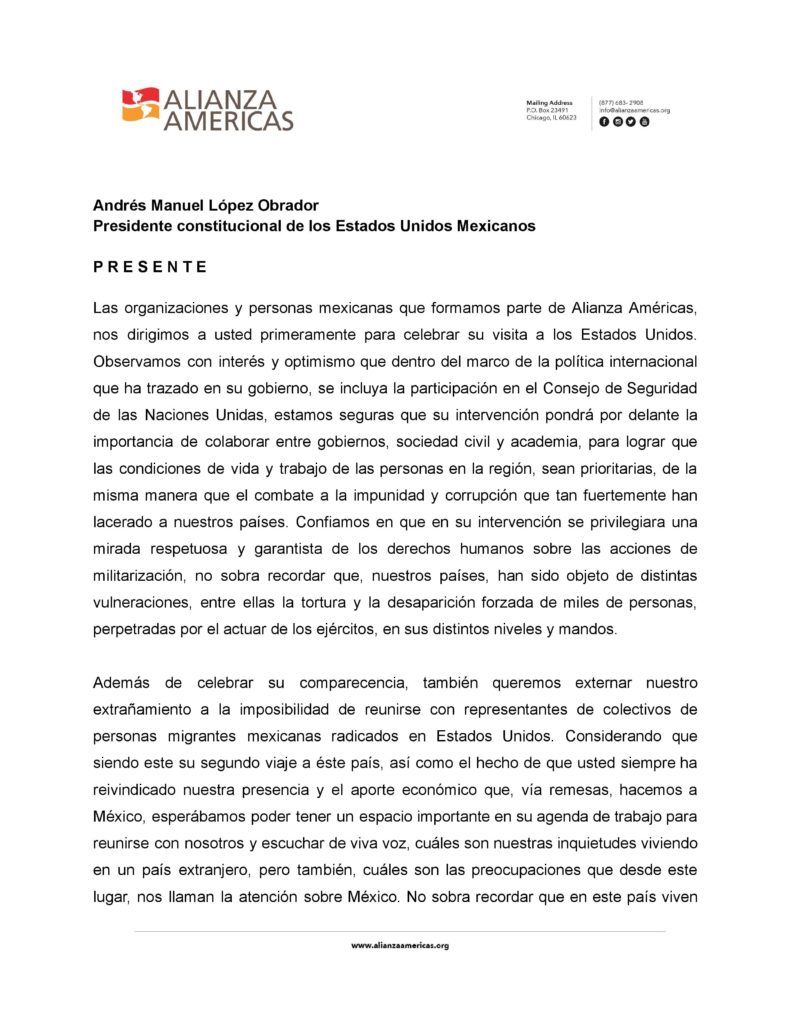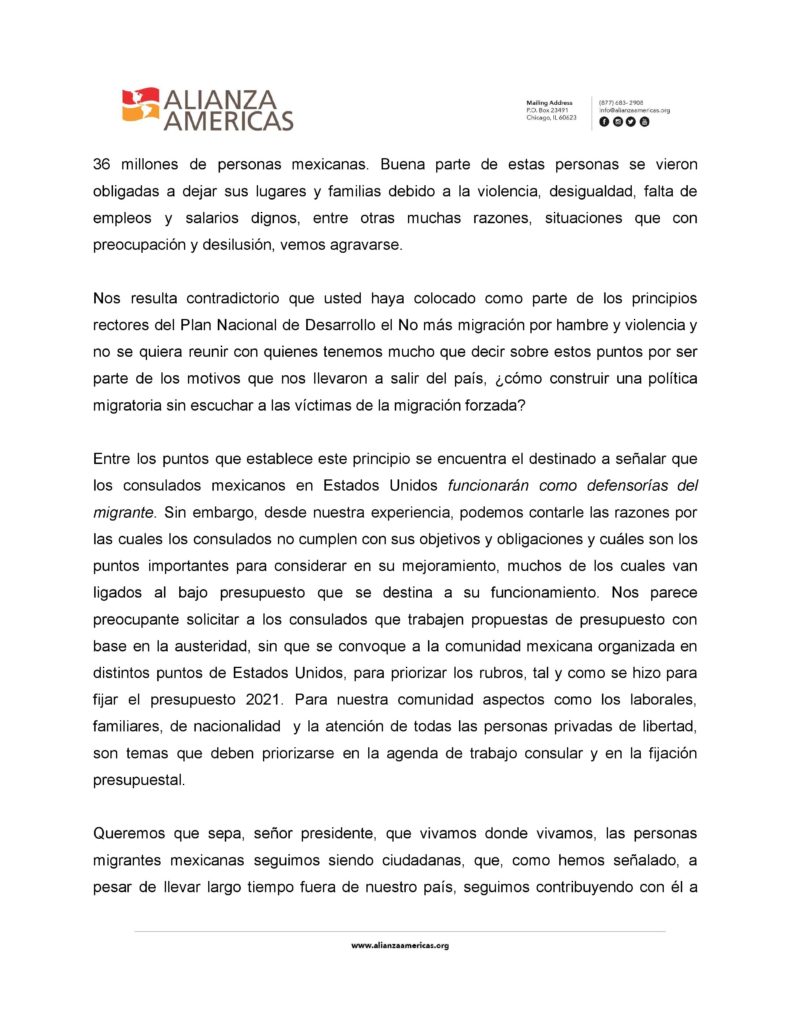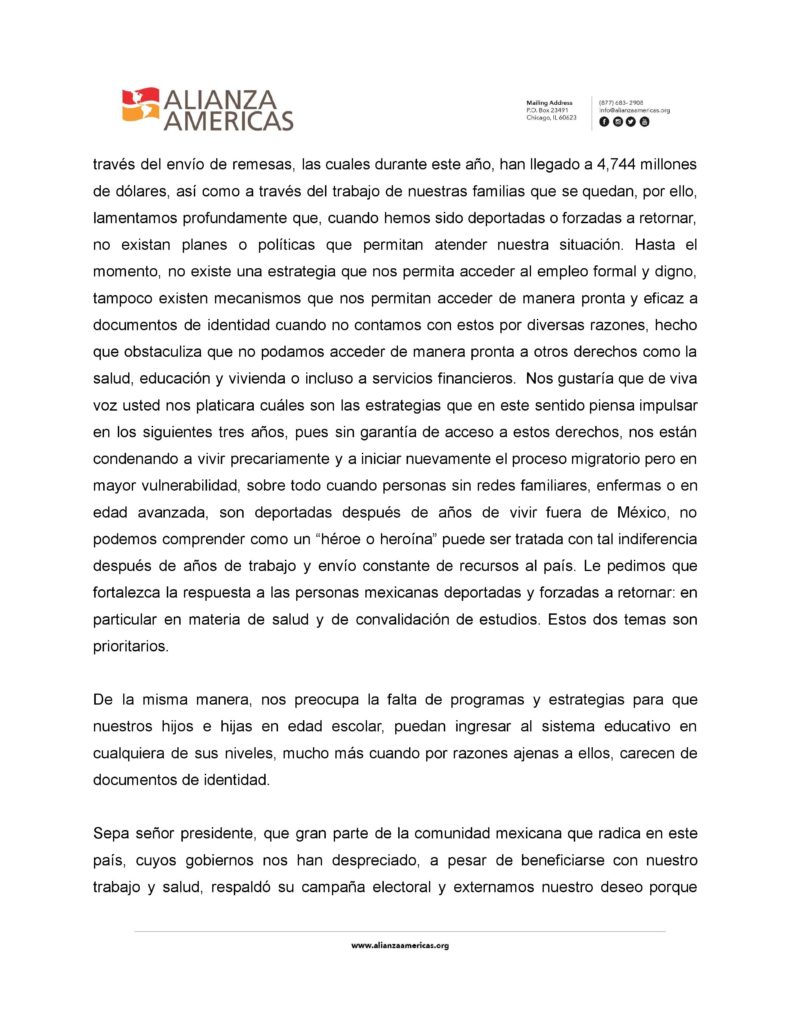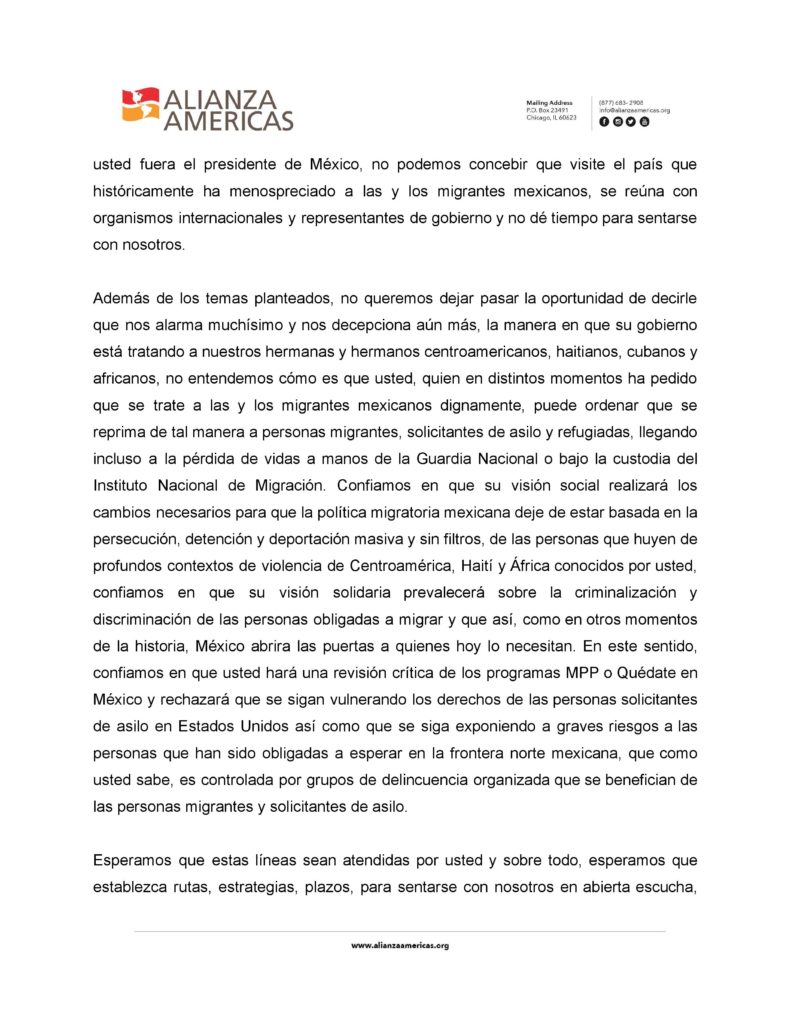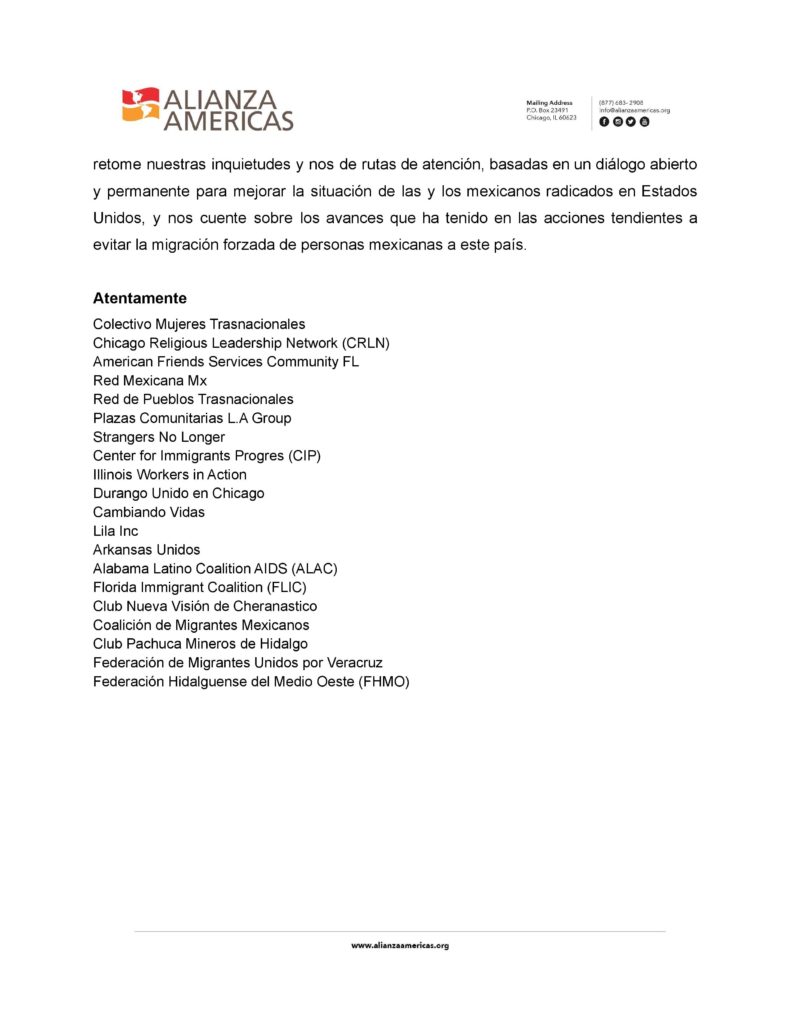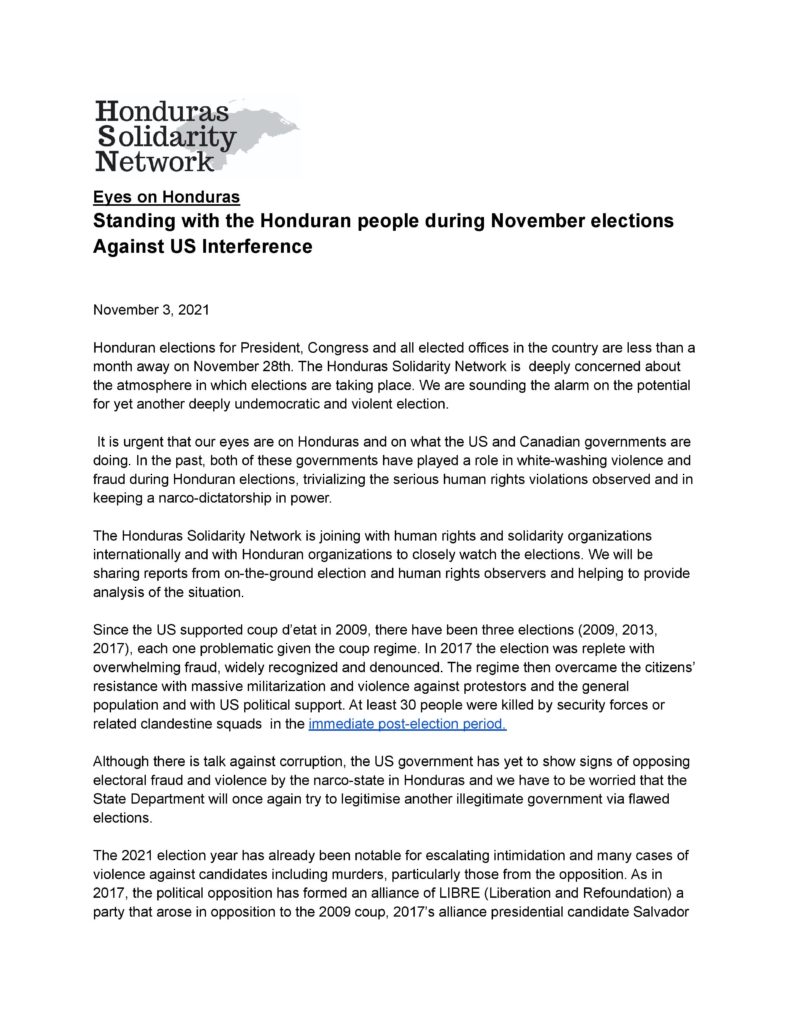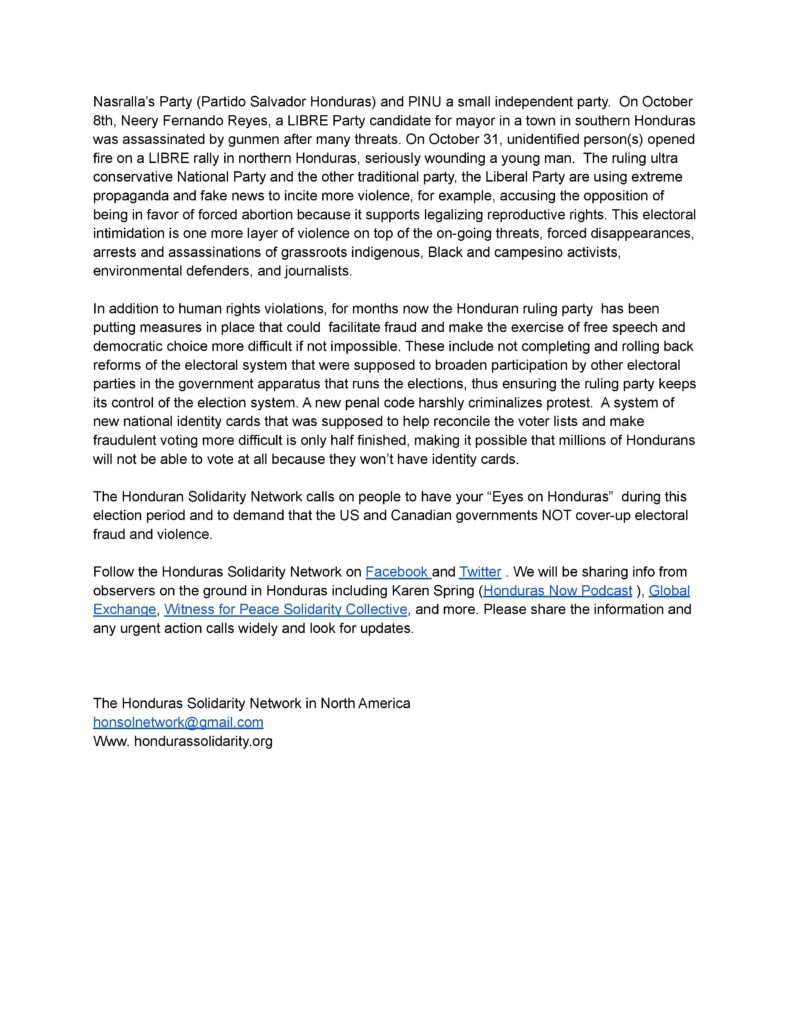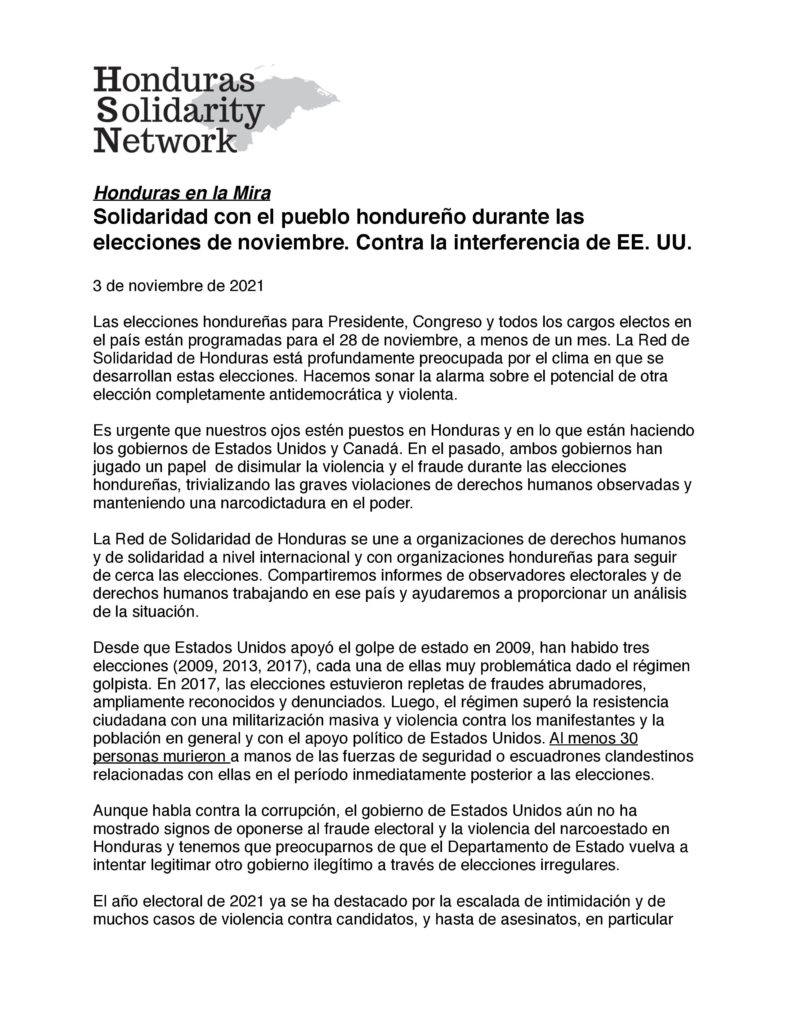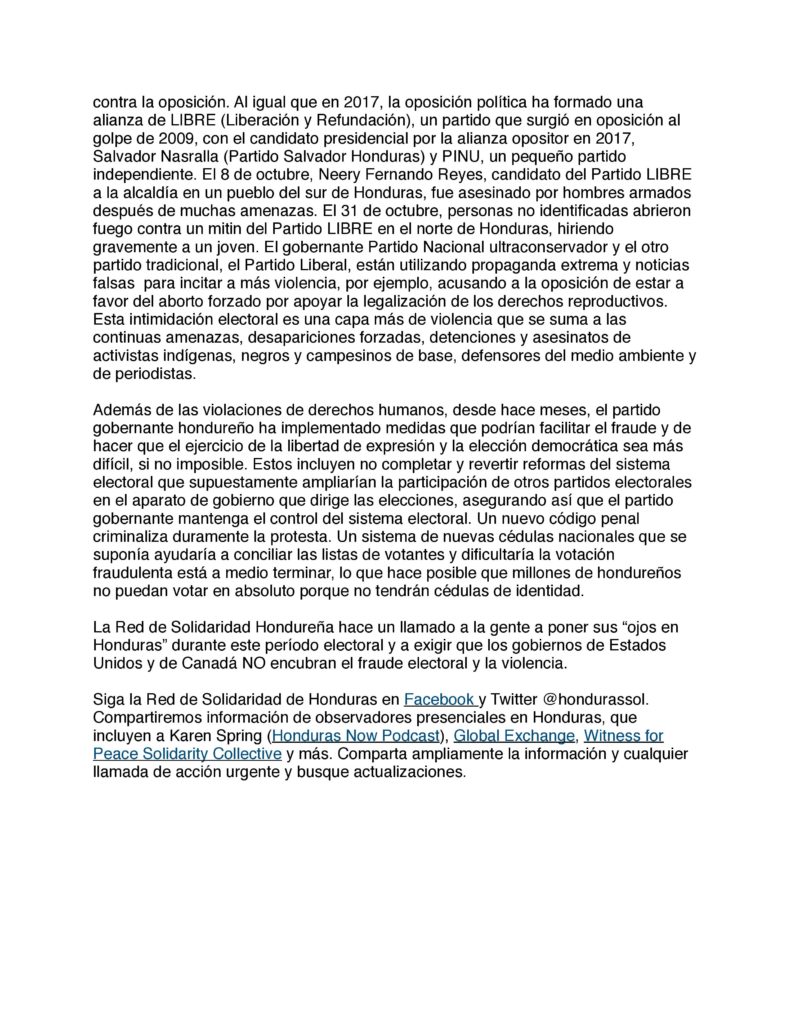Reverend Izett Samá Hernández describes herself as a pastor, theologian, researcher, writer, and nurse. After completing a nursing degree, she went on to graduate from the Evangelical Seminary of Theology in Matanzas Cuba. For her thesis project, she wrote an analysis of the participation of Black people in the Presbyterian Reformed Church in Cuba. She now serves as the pastor at the Presbyterian-Reformed Church in the town of Los Palos, is a leader in the Presbytery of Havana, and is active in many ecumenical organizations. In addition to her church, Hernández has worked for many years with the Centro Memorial Martin Luther King (CMLK) in Havana, Cuba, and in February of 2022 was elected as its Executive Coordinator. The CMLK is an ecumenical organization that strives for social justice with an emancipatory Christian inspiration. “We work from the popular education methodology, and all the people involved change their lives when they know the possibility of participating in the transformation of the community,” said Reverend Samá Hernández. “For example, the women’s group learns different occupations, and they have economic autonomy in their homes.
La Reverenda Izett Samá Hernández se describe como pastora, teóloga, investigadora, escritora y enfermera. Después de hacer una licenciatura en enfermería, estudió en Seminario Evangélico de Teología en Matanzas, Cuba. Para su tesis, hizo un análisis sobre la participación de las personas negras en la Iglesia Presbiteriana Reformada en Cuba. Ahora trabaja como pastora en la Iglesia Presbiteriana Reformada en el pueblo de Los Palos, es líder en el Presbiterio de La Habana y participa en organizaciones ecuménicas. Además del trabajo pastoral y religioso, Hernández ha trabajado durante muchos años con el Centro Memorial Martin Luther King (CMLK) en La Habana, Cuba, y en febrero de 2022 fue elegida su Coordinadora Ejecutiva. La CMLK es una organización ecuménica que lucha por la justicia social basada en el espíritu cristiano emancipatorio.
<<Trabajamos con base en los métodos de la educación popular, y los participantes cambian cuando conocen la posibilidad de transformar la comunidad>>, dijo la reverenda Hernández. <<Por ejemplo, el grupo de mujeres se capacita para diferentes oficios y así logran una autonomía económica en sus hogares>>.

